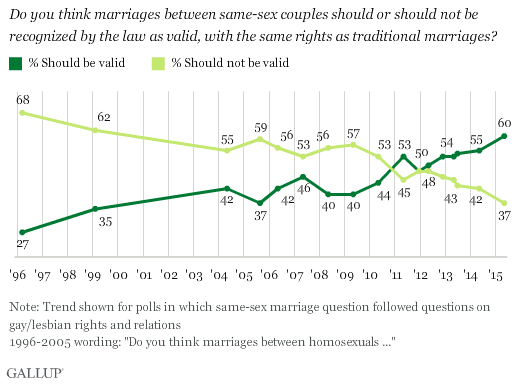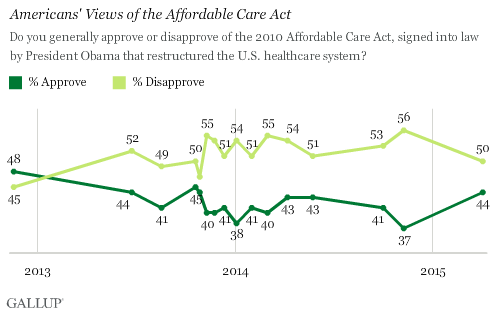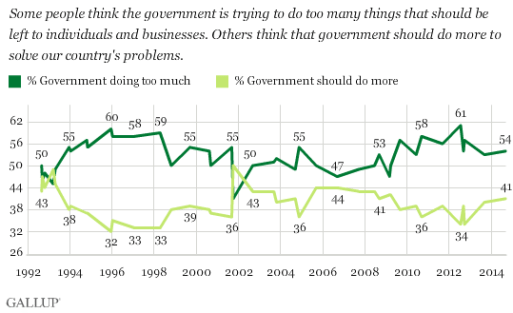Alabama Supreme Court DID Reject U.S. Supreme Court Marriage Opinion
Probate Judge Don Davis asked to be relieved of the order because it would cause him to violate a federal court order that struck down the marriage law. On March 10, 2015, the Alabama Supreme Court issued a second order refusing to relieve him of the order and directing that he immediately cease issuing same-sex marriage licenses.
On March 12, 2015, the Alabama Supreme Court issued a third order directing that “all probate judges” in the state are subject to the March 3, 2015, order and that they must immediately cease issuing same-sex marriage licenses.
On June 26, 2015, the 5-4 opinion of the U.S. Supreme Court in the Obergefell marriage case was released. The ACLU then asked the Alabama Supreme Court to reverse its prior orders in light of the U.S. Supreme Court opinion. Liberty Counsel argued that the prior Alabama Supreme Court orders remain valid.
Last Friday the Alabama Supreme Court made permanent the Petition for Mandamus, which upheld the marriage laws and ordered the probate judges to comply with those laws. The Alabama Supreme Court then dismissed the ACLU’s motion to clarify and reverse this prior order. The Judgment reads as follows:
CERTIFICATE OF JUDGMENT
WHEREAS, the ruling on the application for rehearing filed in this cause and indicated below was entered in this cause on March 20, 2015:
Application Overruled. No Opinion. PER CURIAM – Stuart, Bolin, Parker, Murdock, Main, Wise, and Bryan, JJ., concur. [This refers to the ACLU motion.]
WHEREAS, the above referenced cause has been duly submitted and considered by the Supreme Court of Alabama and the orders indicated below were entered in this cause:
Petition Granted. Writ Issued. March 3, 2015. PER CURIAM – Stuart, Bolin, Parker, Murdock, Wise, and Bryan, JJ., concur. Main, J., concurs in part and concurs in the result. Shaw, J., dissents. [This refers to Liberty Counsel’s Petition for Mandamus.]
Writ Issued as to Judge Don Davis. March 11, 2015. PER CURIAM – Stuart, Parker, Murdock, Main, Wise, and Bryan, JJ., concur. Shaw, J., dissents. [Same as above]
Writ Issued as to additional respondents. March 12, 2015. PER CURIAM – Stuart, Bolin, Parker, Murdock, Main, Wise, and Bryan, JJ., concur. Shaw, J., dissents. [Same as above]
NOW, THEREFORE, pursuant to Rule 41, Ala. R. App. P., IT IS HEREBY ORDERED that this Court’s judgment in this cause is certified on this date. IT IS FURTHER ORDERED that, unless otherwise ordered by this Court or agreed upon by the parties, the costs of this cause are hereby taxed as provided by Rule 35, Ala. R. App. P.
Along with the Judgment, the Alabama Supreme Court released the separate opinions of the Justices. In his 105-page opinion, in which he concurred in the Judgment, Chief Justice Roy Moore wrote the following:
Today this Court by order dismisses all pending motions and petitions and issues the certificate of judgment in this case. That action does not disturb the existing March orders in this case or the Court’s holding therein that the Sanctity of Marriage Amendment, art. I, § 36.03, Ala. Const. 1901, and the Alabama Marriage Protection Act, § 30-1-9, Ala. Code 1975, are constitutional. Therefore, and for the reasons stated below, I concur with the order.
Later in a public statement after the Judgment was issued, Chief Justice Roy Moore made the following statement:
The Court dismissed in its order “pending motions and petitions” in the API case today but did not dismiss “lawsuits” or dismiss the case. In fact, the Court also issued the certificate of judgment (COJ) which explicitly recognized the 3 orders issued in this case last year. As I stated in my written concurrence, the Court did not disturb the existing orders in this case or the holding in API that Alabama’s Sanctity of Marriage Amendment and the Alabama Marriage Protection Act were constitutional.
“Some media reported the opposite of what the Alabama Supreme Court did. When the Alabama Supreme Court entered the Judgment on its March 2015 order and dismissed the ALCU’s motion to reverse that order, the result was a clear victory for our case,” said Mat Staver, Founder and Chairman of Liberty Counsel. “The Alabama Supreme Court order upholding the marriage laws and ordering the probate judges to comply with those laws still remains in effect. The ACLU’s request to reverse that order was dismissed. The Alabama Supreme Court rejected the 5-4 marriage opinion of the U.S. Supreme Court. While some of the Alabama Supreme Court Justices wrote separate opinions ripping apart the U.S. Supreme Court, it is clear a majority of the Court issued a Judgment affirming that their prior orders upholding the marriage laws remain valid in Alabama,” said Staver.
Liberty Counsel is an international nonprofit, litigation, education, and policy organization dedicated to advancing religious freedom, the sanctity of life, and the family since 1989, by providing pro bono assistance and representation on these and related topics.


